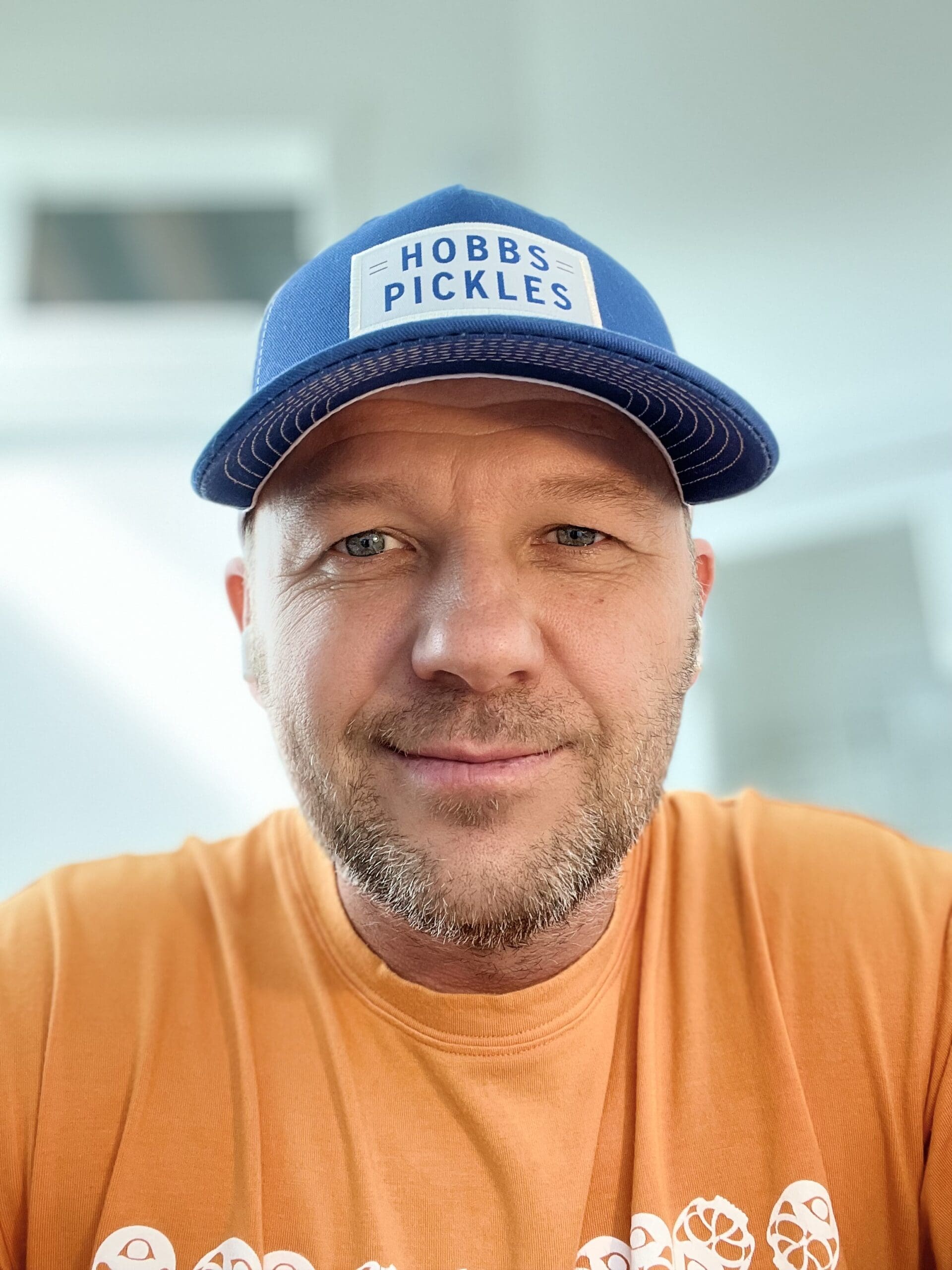One afternoon in 2015, before I worked in the health and wellness space, I had just finished a particularly stressful phone call with a client I was working with.
This client was overly difficult to please, and nothing I said or did seemed to ease her irritation with me being human.
To say she was complex and high-maintenance was an understatement.
She forgot details of conversations we had only the day prior and would change her mind without hesitation or notice. She would get flustered easily and have a hard time conveying what she meant when describing something. She was often irrational and had what I thought were impossible expectations.
At the end of the phone conversation, I swore that I would never take on another client who fit the following criteria:
- A Woman
- Between 45 and 55 years old
- Runs her own business
This set of criteria quickly became known as “The Menopause Mandate.”
For the next seven or eight years, my team and I altogether avoided engaging in any business situation with women who had the potential to be “a certain kind of crazy.”
It just wasn’t worth the headache.
Fast forward to 2024
My wife and I had just wrapped up a cycling trip, a hobby we both love and look forward to. She is the love of my life and has recently been experiencing a bunch of symptoms related to something witchdoctors call perimenopause: Hot flashes, brain fog, changes in physiology, energy levels, and mood swings.
I mostly tried to empathize with her statements of discomfort but only put in a halfhearted effort because, honestly, it seemed that pretty much everything was being chalked up to this catchall called “perimenopause.”
- She had a lousy sleep—perimenopause.
- Couldn’t get to sleep—perimenopause.
- Forgot her purse at home—perimenopause.
- Couldn’t organize her thoughts at work—perimenopause.
It all sounded a bit psychosomatic, but truthfully, I couldn’t ignore the reality of what I could see was happening.
Driving back from that cycling trip, we listened to a podcast. The speakers discussed topics in depth, such as how menopause impacts the brain and body, the link between menopause and Alzheimer’s, and how society and medicine perceive women’s health issues.
As I listened, so many things I previously ignored or downplayed started making sense. The interviewee, Dr. Lisa Mosconi, provided a clear and compelling story that helped me better understand what women go through.
Looking back, I’m embarrassed of myself for trivializing something very real in my wife’s life.
Rethinking the Male Perspective
Menopause is a significant life transition.
It’s not just about hot flashes and mood swings. It’s a profound change that affects a woman’s body and mind.
For too long, women have been told to “just get on with it” and to deal with their symptoms quietly.
We need to change that.
Menstruation, Menopause, and Hormone Replacement Therapy for Women
Peter Attia MD
My Wake-Up Call
As my partner and I got older, she started complaining of brain fog and hot flashes. At the time, I listened to her, but kinda halfheartedly.
It wasn’t until we spent that weekend together and happened to listen to a podcast on menopause that things began to click for me.
Hearing other women describe the same symptoms and struggles my partner was experiencing made me realize how much I had misunderstood.
What we’re still getting wrong about menopause: Mary Claire Haver, M.D.
the mindbodygreen podcast
The Power of Listening
One of the most important things we can do is simply shut up and just listen.
Not just nodding along but really, actually listening.
Menopause isn’t just some simple change she’s going through that makes her crazy; it’s a part of your life, too.
When your partner goes through menopause, the changes she experiences impact your shared life together. Her physical and emotional well-being can affect daily interactions, relationship dynamics, and even your own emotional state.
By understanding and empathizing with her experience, you become a more supportive partner, fostering a deeper connection and resilience in your relationship.
Embracing this phase together means growing together, learning together, and facing challenges as a unified team.
It’s an opportunity to strengthen your bond and demonstrate your commitment to each other in profound and meaningful ways.
By seeking to understand what she’s dealing with, you can be there for her more meaningfully and, ultimately, build an even stronger relationship as you grow older.
Here's What You Can Do - Quick Takeaways
- She's Not Just Making Shit Up: All these things that she's experiencing physically, emotionally, mentally - they're all real. Just because it's not happening to you doesn't mean it's "all in her head."
- Get Smarter: Take some time to learn about menopause. Many excellent resources are available that can provide insights you have never had before.
- Be Patient and Compassionate: Understand that mood swings, tears, and frustrations are part of the process. Don't take them personally. Instead, offer your support and patience.
- Offer Some Practical Support: Help out more around the house. If you see dirty dishes in the sink - wash them. Small acts can lift a massive weight off her shoulders.
- Encourage Conversation: Let her know it's okay to talk about what she's going through. Sometimes just being able to vent can be a huge relief.
- Respect Her Space: There will be times when she just needs to be alone. Respect that. It's not about you; it's about her needing time to process her emotions.

Why It Matters
By better understanding menopause, we’re not just helping our partners; we’re strengthening our relationships.
This period (or lack thereof) in life can bring you closer together if you let it. It’s about showing up and being the partner she needs you to be.
Some Final Thoughts
I was wrong before—really wrong. In fact, I was a certified, number 1 a-hole.
I’m trying to make up for it now by sharing what I’ve learned so you aren’t the same that I was. Menopause isn’t something to be judged, dismissed, or straight-up ignored.
It’s actually a very significant part of a woman’s life, and it’s high time we start acknowledging that.
So, from one guy to another, let’s be better.
Let’s listen, learn, and support our partners through this. It’s the least we can do for the women who’ve been there for us through thick and thin.
Take a moment, listen to a podcast, read an article, and talk to your partner. You might be surprised at how much of a difference it makes.
Best,
Glenn


